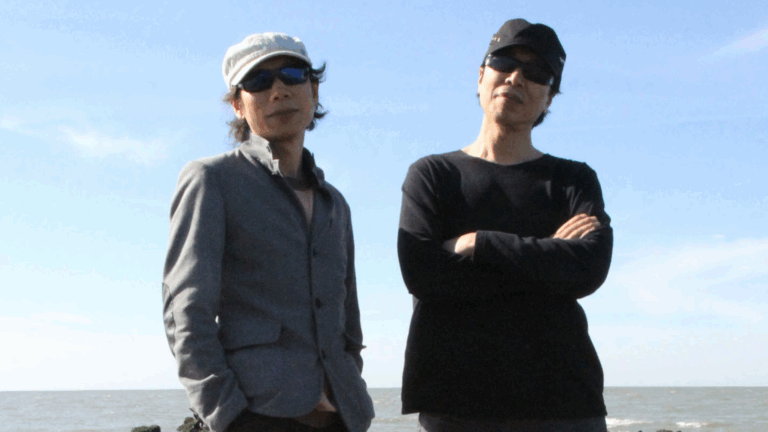The Human Rights Foundation (HRF) hosted two sessions at the 2022 RightsCon, which took place online from June 6-10. Our sessions discussed how HRF’s Uyghur Forced Labor Checker is helping to advance human rights in the fashion industry, and explored how authoritarian regimes weaponize the Internet to stifle dissent.

Uyghur advocate and OFF speaker Jewher Ilham and HRF Senior Strategy & Research Associate Jenny Wang provided the audience with a brief overview about Uyghur forced labor, and shared why it is important for both governments and the general public to help put an end to these atrocities. The tech demo included a short demonstration illustrating how HRF’s Uyghur Forced Labor Checker works, and encouraged the audience to explore using creative means and technology toward safeguarding human rights.
Key Takeaways:
The Chinese government views the distinct cultural identity and religious practices of the Muslim-majority Uyghur people as threats to the Chinese Communist Party’s (CCP) power.
Economic considerations also influence the CCP’s clamp-down on the Uyghur Region. The region is rich in natural resources and accounts for over 84% of China’s total cotton output. More than one million Uyghurs have been arbitrarily detained by the CCP and sent to prisons and forced labor facilities across China.
HRF’s Uyghur Forced Labor Checker helps consumers better understand the relationship between the fashion industry and Uyghur forced labor. Based on the Coalition to End Forced Labour in the Uyghur Region’s research, the plug-in generates a pop-up, indicating whether a fashion brand might be linked to Uyghur forced labor.
The United States’ Uyghur Forced Labor Prevention Act was fully enacted on June 21, 2022. It is imperative for additional countries to spearhead legislation to help end Uyghur forced labor.

In this panel, CNN producer Melissa Mahtani moderated a discussion with Iranian journalist and human rights activist Masih Alinejad; President of The Campaign for Hong Kong Samuel Chu; and Venezuelan activist, journalist, and Executive Director of RedesAyuda Melanio Escobar. The discussion explored the tools regimes use to discredit, censor, intimidate, and silence people, the challenges activists specifically face from authoritarian regimes, and how activists can use technology to get around censorship under a dictatorship.
Key Takeaways:
Even when activists are working abroad, dictatorships have the power of censorship because they can place pressure on family members back home, and exert influence on multinational corporations like Facebook and Twitter.
These platforms give accounts to dictators who ban the same platforms in their countries and push conspiracy theories to delegitimize activists. Meanwhile, content moderators that lack sufficient policies are censoring and deleting activists’ and journalists’ accounts that share the atrocities committed by those authoritarian regimes.
Meta, Twitter, and Google cannot have total control over the internet — they need to be held accountable for how dictatorships use them to violate freedom in dictatorships.
The most important thing activists can do to protect themselves is to practice good digital hygiene, using a VPN when connecting to the internet, and encrypted messaging services like Signal or ProtonMail.
HRF’s experience at RightsCon has made us more excited to further engage with artists, tech entrepreneurs, dissidents, activists, journalists, and human rights advocates from around the world at the 2023 Oslo Freedom Forum in Oslo, Norway, taking place June 5-7, 2023!








